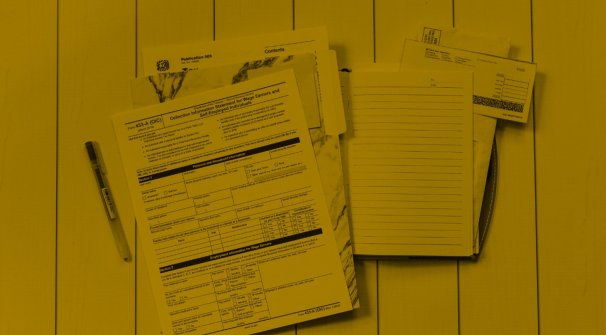The most common of all the questions that we receive from our payroll clients at Stewardship is that of workplace pension requirements. This area continues to be a major headache for employers as they seek to remain compliant and avoid penalties and costly errors. Who needs to be enrolled? How much should we contribute? Should our employees contribute? Can we use our employee’s private pension? Do we complete the declaration of compliance if no-one has been enrolled? Let’s look at each area in turn…
Who needs to be enrolled?
Everyone who earns over the threshold of £833.33 per month (£10,000 per year), unless they are under age 22 or over the State Retirement Age. It is not enough for your employee to tell you that they don’t want to be in your pension scheme – you are required to enrol them, and they must physically opt-out if they do not wish to be a part of it.
Anyone who earns below the threshold and chooses to opt in to your pension scheme. You must write to them advising them of their right to join. If they earn less than £520 per month (the lower limit of the qualifying earnings band [QEB] for 2022/23), then you do not have to make employer contributions for them if you do not wish to do so.
How much should you contribute?
There is a difference between how much we should contribute and how much we must contribute. Where finances allow, many of our employers choose to be more generous than the statutory minimums. However, in order to remain compliant, the employer contribution must be at least 3% of qualifying earnings (gross earnings less the lower limit of the QEB of £520).
Should our employees contribute?
That depends on how generous you are with your employer contributions. The regulatory minimum is 8% of qualifying earnings. If the employer is paying their minimum of 3%, then the employee must pay the remaining 5%. Where an employer pays the full 8%, then there is no requirement for the employee to pay anything. This applies to all eligible workers and also to those who earn over £520 per month and have opted in to your pension scheme.
Can we use our employee’s private pension?
Usually not! While it is possible for an employee’s pension scheme to be a qualifying scheme for auto-enrolment purposes, in practice it is extremely rare. Your employee should check with their pension provider and give you written confirmation before you assume that their pension will fulfil your legal obligations.
That said, there is nothing to stop you from paying into your employee’s personal pension scheme if you wish. However, if it is not a qualifying scheme, then your employee must also be enrolled in your workplace pension, and can then opt out if they choose. Take care when pension re-enrolment comes around because if they opted out more than 12 months previously, they will need to be re-enrolled.
Do we complete the declaration of compliance if no-one has been enrolled?
Yes! When you start your PAYE scheme or reach your re-enrolment date (every 3 years), even if no action needs to be taken in terms of enrolling your employees, you absolutely MUST complete your declaration (or re-declaration) of compliance. This is a statement to The Pensions Regulator which confirms that you have met your pension duties. Financial penalties are applied if you do not file this within 5 months. You should receive reminders from The Pensions Regulator, but these can be missed if your contact has changed, so follow up with them if you do not hear anything.
For all your pension auto-enrolment questions, The Pensions Regulator website gives very clear directions, and they are also happy to take your calls.











